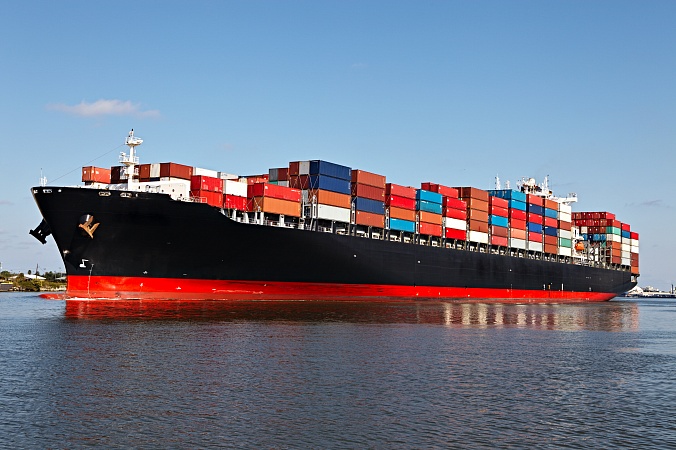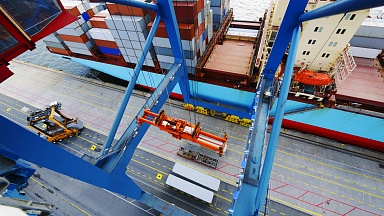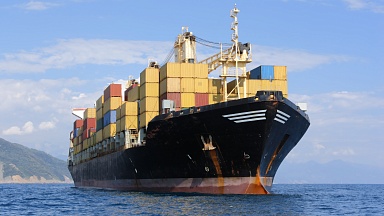Ocean freight spot rates rose yet again this week from their already record-high levels, across the eight major East-West trades assessed by Drewry.
According to its World Container Index, spot prices to ship a 40ft container from Shanghai to Rotterdam increased another 3% or $288 on last week to $10,462 — a rise of 518% on their level a year ago and those on Shanghai-Genoa rose 2% or $238 to $9,900/FEU (+418% year over year).
On the transpacific, spot rates from Shanghai to Los Angeles increased 4% or $210 to $5,952/FEU while prices from Shanghai to New York surged $412 (+6%) to come in at $7,559 for a 40ft box.
As for the transatlantic trade, the head haul westbound leg rose just 1% to an average of US$3,720/FEU on Rotterdam-New York.
Outbound from the US, rates on Los Angeles-Shanghai were up 5% to stand at $779/FEU, while prices on Rotterdam-Shanghai increased by 5% also to $1,629/FEU.
Drewry’s composite World Container Index, an average freight rate assessments on eight major East-West trades, increased 3.3% or $207 to $6,463.78 per 40ft container.
For the year-to-date, the average composite index of the WCI, assessed by Drewry, is $5,299 per 40ft container, which is $3,382 higher than the five-year average of $1,916/FEU.
Drewry expects rates «to remain on the higher side due to port congestion and equipment unavailability.»



